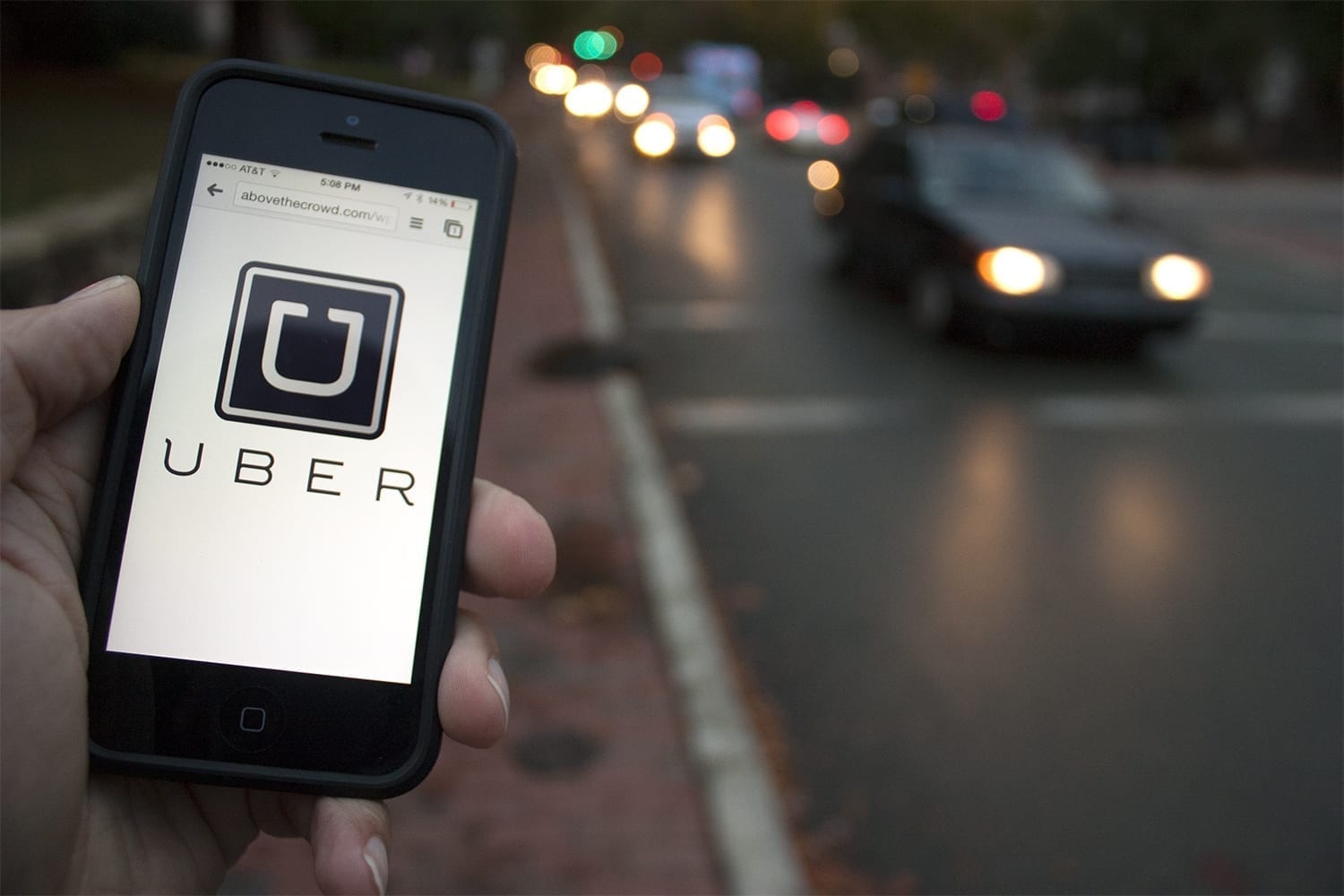After being accused of sending unsolicited text messages to Washington consumers, Uber has agreed to “pay the state’s Attorney General’s Office $40,000 to cover investigation fees” and will stop sending the unsolicited texts. The complaints of the text messages began rolling in back in 2014 with people claiming they were receiving “texts from Uber and having no way to opt-out of the messages.”
After being accused of sending unsolicited text messages to Washington consumers, Uber has agreed to “pay the state’s Attorney General’s Office $40,000 to cover investigation fees” and will stop sending the unsolicited texts. The complaints of the text messages began rolling in back in 2014 with people claiming they were receiving “texts from Uber and having no way to opt-out of the messages.” According to the state’s Attorney General’s Office, “some of the texts were about recruiting new drivers; others had information intended for Uber drivers.”
According to Washington Attorney General Bob Ferguson, “receiving text messages you didn’t ask for — and not knowing how to stop them — frustrates consumers. This agreement ensures that consumers control whether they receive messages from Uber.” That means in the future, Uber will hopefully add an opt-out option to their text messages, something that companies are already required to provide, and was one of the big reasons why consumers filed complaints against the company.
Another big red flag the state’s Attorney General’s Office saw with the situation was that Uber was sending messages without consent, but under the law, companies “cannot send messages without prior consent.” In fact, companies who fail to abide by these rules are in violation of the “Telephone Consumer Protection Act and the Commercial Electronic Mail Act, in addition to Washington state’s Consumer Protection Act.”

Fortunately, Uber was quick to cooperate with “state attorneys after the initial inquiries and changed their practices as a result.” So what will these changes look like? For starters, under the agreement, the company will indeed have to obtain consumer consent before sending text messages, and will have to “include opt-out instructions in the messages and its website, in addition to limiting the amount of recruiting referral messages its drivers can send.”
When asked about the consumer complaints and new agreement, Uber spokesman Nathan Hambley issued the following statement:
“We are pleased to have resolved the Washington Attorney General’s investigation relating to text messages. Uber fully cooperated with the investigation, and we are already in compliance with the provisions of the assurance of discontinuance, which primarily relates to internal controls that Uber has had in place for some time. Uber remains committed to complying with Consumer Protection Laws as we continue to advance innovative solutions in technology and movement.”
Sources:
Uber agrees to pay $40K and will stop sending unsolicited text messages in Washington


Join the conversation!